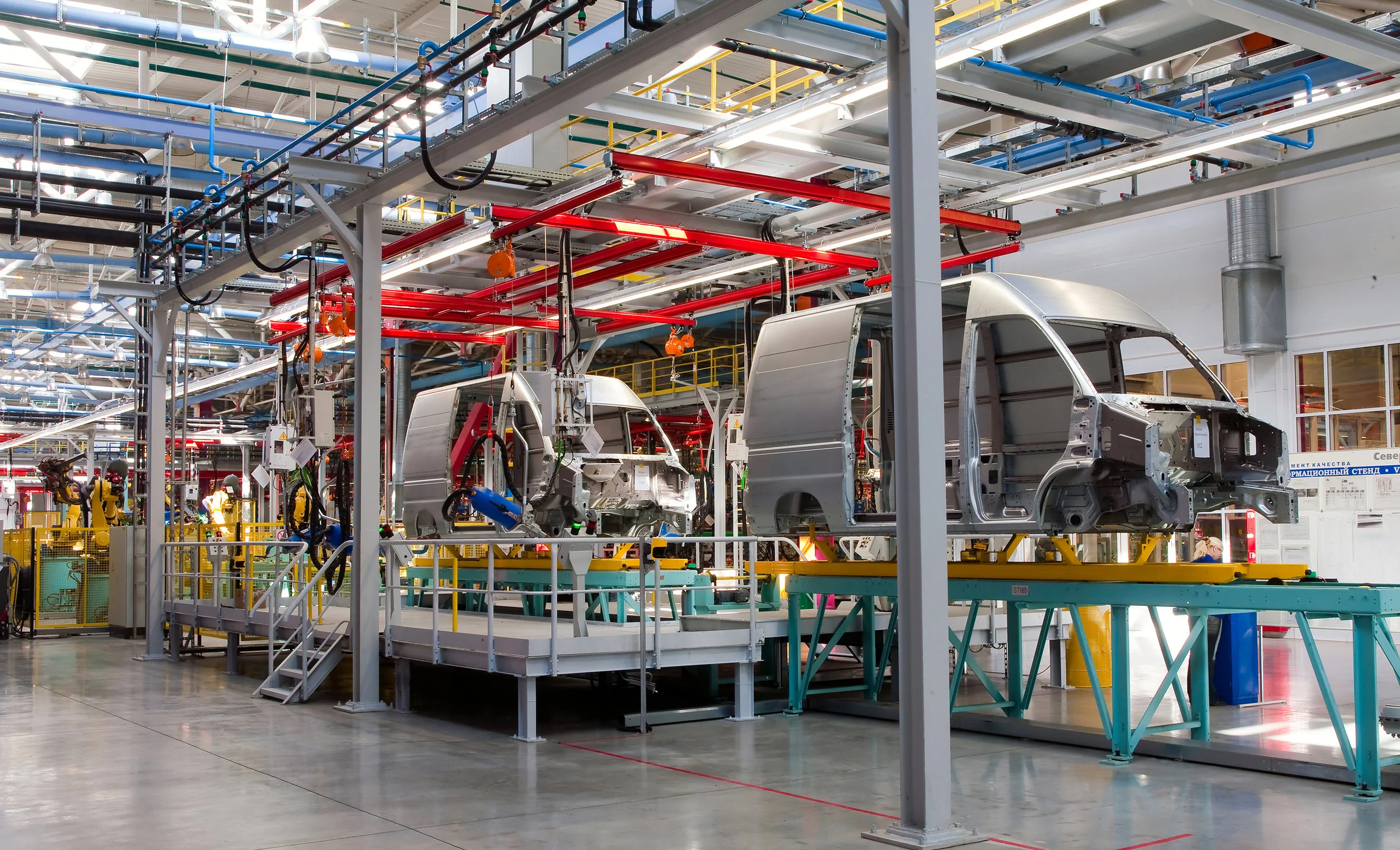As a result of major contract wins to install Combined Heat and Power (CHP) projects in multiple market sectors, we are expanding and seek a Head of Procurement & Operations to join our team.
BasePower is partnering exclusively with Bawtry Executive Search & Selection to recruit a talented, self-starter Head of Procurement & Operations, in a National role. BasePower Ltd develops, finances and operates natural gas-fired CHP systems providing power, cooling and heat for users with annual energy bills of £1 million or more. We are a small and friendly company based in central London, with a nationwide portfolio of projects in construction and development.
Reporting to the CEO, the Head of Procurement and Operations will be responsible for leading our procurement, construction and commissioning activities, subsequently managing full-scale operations of the portfolio. This is a key role in delivering exemplary service to BasePower’s growing portfolio of customers across food and drink, automotive, pharmaceutical manufacturing, chilled logistics and data centres.
Key Duties and Responsibilities:
Procurement:
• Lead the procurement of BasePower projects, delivering to safety, quality, cost and time requirements. Manage the production of technical specifications, employer’s requirements, package definitions and procurement contracts. Tender, appoint and oversee the management of suppliers and contractors.
Construction:
• Oversee construction and commissioning activities on site and manage reporting.Through performance of contractors onsite and personal input, maintain excellent relationships with the customer.
Operations:
• Establish the operations function and set performance standards. Recruit and retain local and national supply chain, and any other required resources. Manage the operating portfolio to agreed KPIs. Through operational performance and personal input, maintain excellent relationships with the customer on site.
Do you have what BasePower is looking for?
• A degree level qualification in relevant subject, or membership of a professional institute. At least 5 years managing procurement, construction and commissioning activities with their related trades and requirements, including Health and Safety compliance. A track record in operating a fleet of assets or local operations over an extended area, including the selection and management of subcontractors. Ability to take ownership and a self-starter. Ability to influence and build relationships with key stakeholders including clients, staff and sub- contractors. Strong commercial acumen. A commitment to working nationally. Experience of working in the energy sector is preferred but not essential.
How to apply
If you match the specified criteria and are interested in the role, please contact Tracy Bowler on 07739 071226 or email your cv to: tracy@bawtryexecutivesearchselection.co.uk by no later than Friday 9th December 2016. Interviews will take place the fortnight commencing 12th December 2016. In return BasePower offers an excellent package. A full job description is available.
BasePower do not require and will not accept any third party CV’s from Recruitment Agencies



















